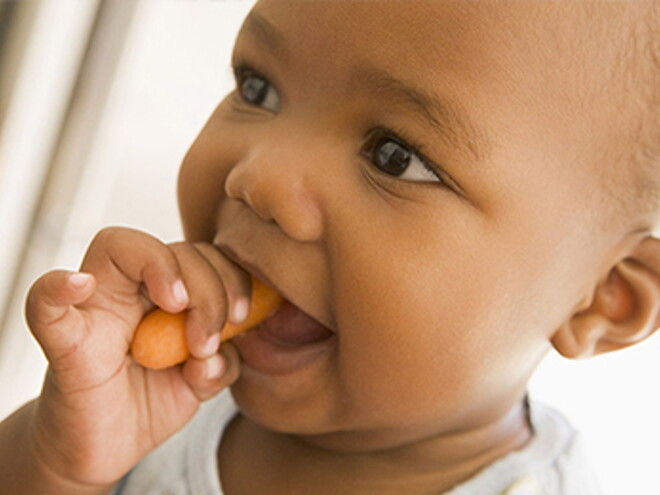
How To Help Your Baby Develop Good Eating Habits
How To Help Your Baby Develop Good Eating Habits
Good eating habits start with the introduction of solids. However, teaching your child to eat well won't be an easy ride.
Most children have their own ways to tell you whether they are hungry or full. How you respond to these cues will help your child understand your reactions and his own expectations. More importantly, do try to continue to breastfeed your child till they are at least 2 years old as recommended by the World Health Organisation while continuing to develop a regular soft to solid food eating pattern for them from 6 months of age. If you are a working mother, express your milk.
Feeding soft and solid foods
- Feed your child at regular times
- If you are buying foods from off the shelf, look for less salt & sugar content.
- If you are cooking, add less salt & sugar.
- Introduce mashed or blended vegetable and fruits into their food at 7~8 months.
- Make feeding time an enjoyable experience.
Good to know
- Though you mean well, try not to overly coerce or restrict your child’s consumption of food as you may be surprised to know that your child has a remarkable ability to adjust their intake according to energy needs.
- Remember, the food you introduce will help to shape your child’s food preference.
- Don’t reward with sweets. Reward with encouragement and love e.g. bear hugs & kisses.
Related articles
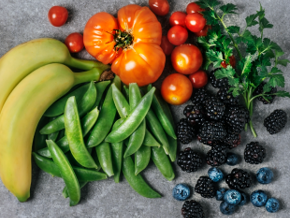
How to Increase Baby Immunity with Child-Friendly Foods
Nothing is more painful than seeing your child fall prey to infectious diseases easily.
4 mins to read

The Importance of Eating Together – Family first!
Research has shown that shared family meals—no matter the size of your family—provide benefits for your baby beyond the joy of simply eating dinner together.
5 mins to read
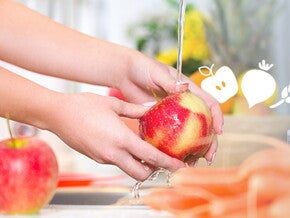
Safe Food Preparation Principles
Follow these stay-safe principles when you’re shopping or preparing food for your baby.
4 mins to read
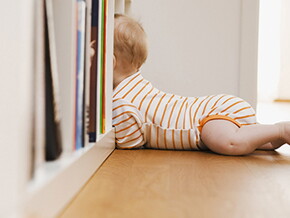
Keeping Baby Safe
If you haven't done so already, you'll probably want to start thinking about baby-proofing your home. Your little one will be on their feet running around before you know it!
10 mins to read

A guide to family meals for toddlers
Wondering how you can enjoy family meals for toddlers? Eating together is a lovely way to bring everyone together and to teach your toddler about healthy eating.
2 mins to read

Discover some of the essential preconception supplements and vitamins
Eating well before you conceive can help your future baby have the best possible start in life.
4 mins to read
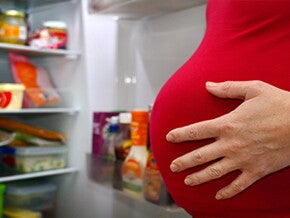
Food To Avoid During Pregnancy
Craving for sashimi, half boiled eggs or fresh oysters? Learn about what precautions to take for a healthier, safer pregnancy.
3 mins to read
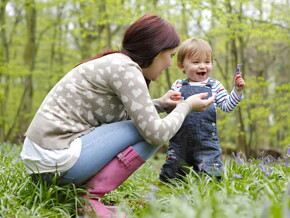
Why your baby needs to be active
Did you know? Spending time playing with your baby at this age can lead to him being more active when he’s a toddler.
2 mins to read

Tummy time helps your baby develop muscles and motor skills.
Did you know? Tummy time helps your baby develop muscles and motor skills.
2 mins to read
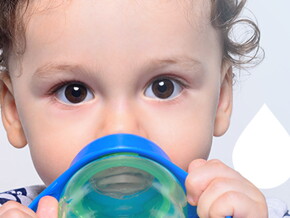
Why babies need milk AND water
Did you know? Offering sugary drinks to your baby adds extra calories to his diet and makes tooth decay more likely.
3 mins to read

Baby Milestones – 9 to 11 Months
1 min to read
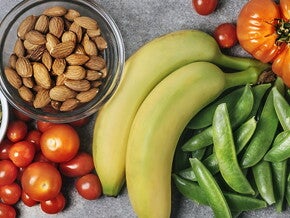
What’s a healthy breastfeeding diet?
If you’re breastfeeding, a healthy breastfeeding diet is important as it can affect your baby as much as you. Get tips on what not to eat when breastfeeding and what to eat when breastfeeding.
2 mins to read

How to Know if Breastfed Baby is Full
Did you know? The longer a mom breastfeeds, the more she responds to her baby’s signs of fullness.
2 mins to read
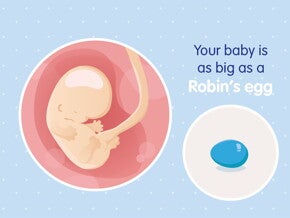
8-week pregnant: baby development and diet tips
About the size of a robin’s egg, your little one measures about 30 mm long. Learn more about this week.
3 mins to read

How To Keep Your Child Healthy
You can't stop your child from getting sick, but you can certainly reduce the chances by following some basic principles to promote a healthy lifestyle and strong immune system.
3 mins to read

How to encourage baby’s first steps—in 10 steps
It can be both thrilling and terrifying watching your baby’s first steps—or at least, attempted steps.
2 mins to read
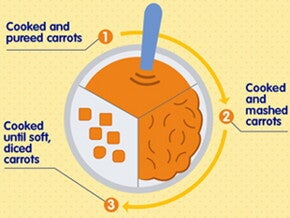
Your baby’s step-by-step guide to texture
Once your baby has mastered smooth purees, it’s time to offer textured foods. Experience with different textures helps him develop the skills for chewing.
1 min to read

How much food to feed your baby at 6-7 months / 8 months / 9-11 months
While feeding your baby, understanding how much food he/she needs can be tricky.
2 mins to read
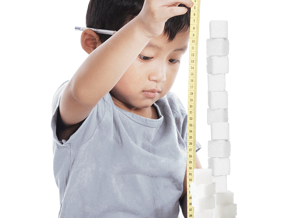
Minimizing Sucrose Intake To Cultivate Healthier Eating Habits For Your Child
WHAT IS SUCROSE
3 mins to read